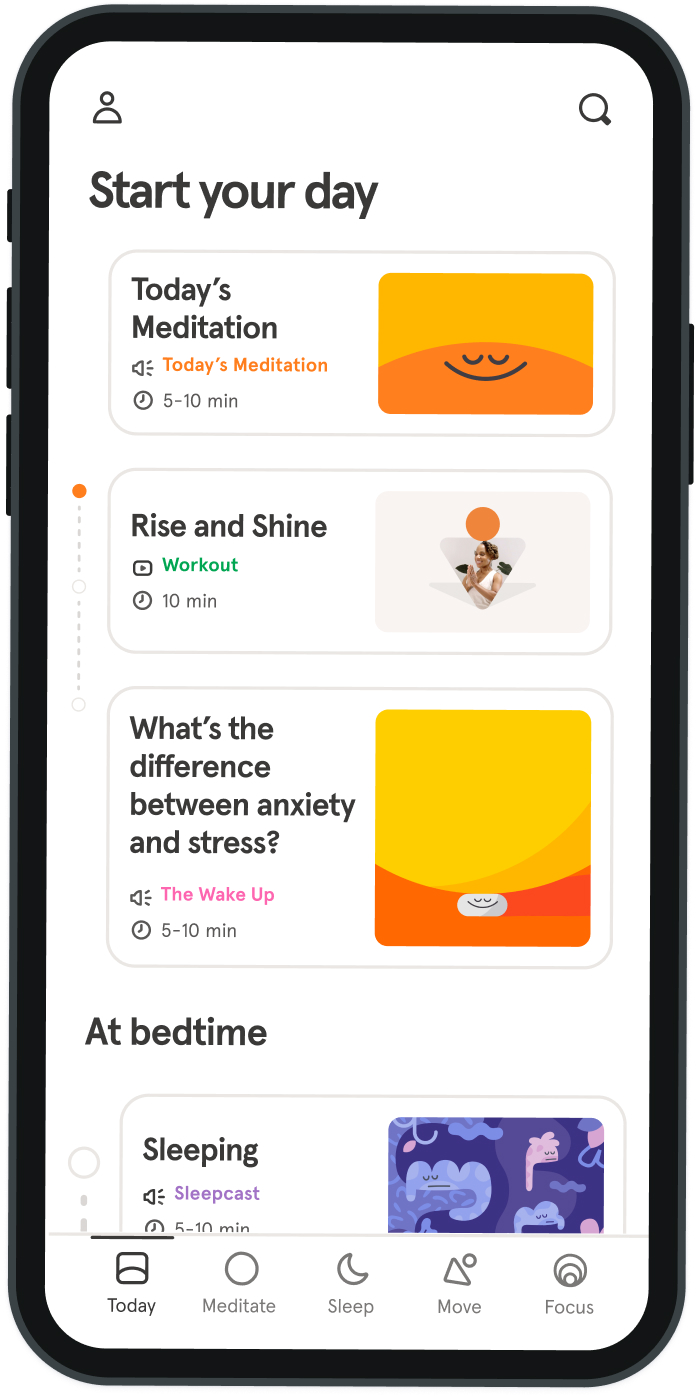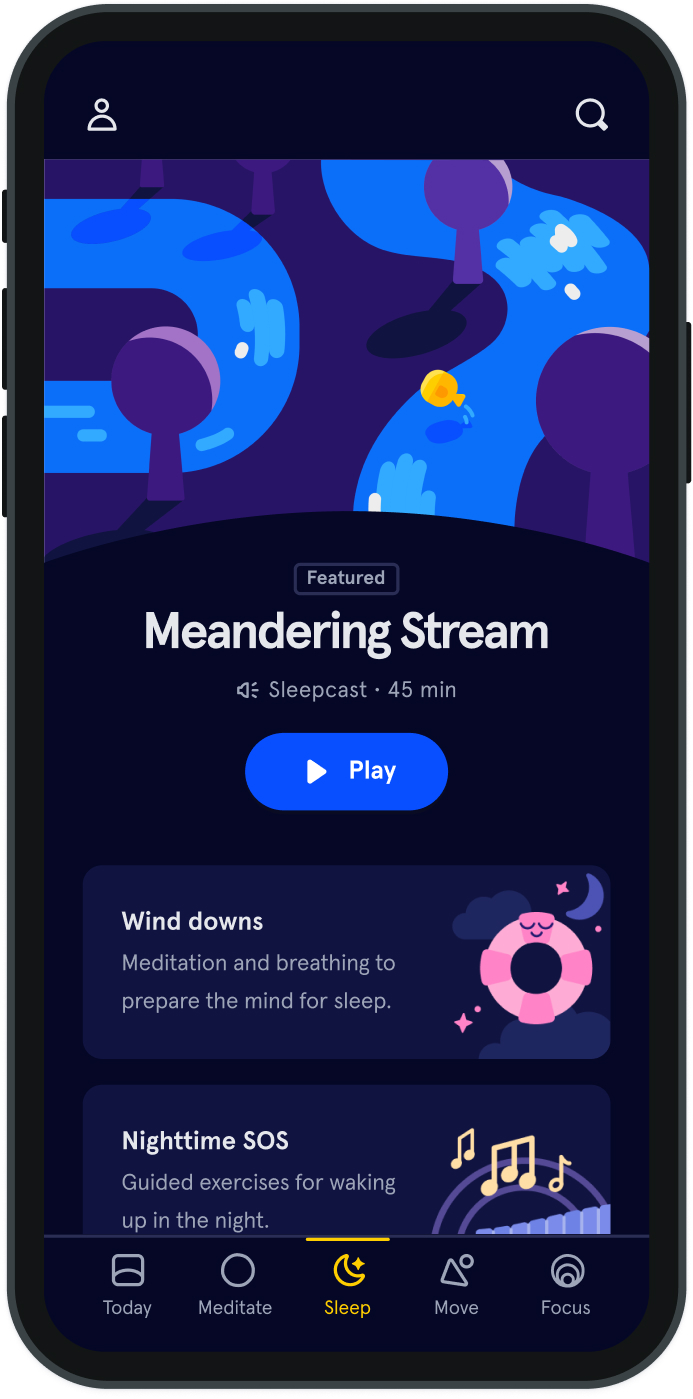Is my kid addicted to tech or am I just old?
“Mom! Mom! I have fifty followers!"
“I just got retweeted by someone with 600 followers!" “I just got mentioned by someone with 13,000 followers!" This kind of pronouncement has become a regular occurrence in the past year, ever since my thirteen-year-old daughter started tweeting. She regularly informs her father and me about how many followers she has, how many followers her latest follower has, or how many people have replied to her latest tweet. I would love to say that I’m mystified by where this fascination comes from, but that social media metrics obsession is a genetic trait. My husband texts me whenever one of his cartoons is tweeted by somebody influential. I once devoted three weeks to beating a colleague’s Klout Score. And I built an entire website devoted to earning the #bestcouple title in the Shorty (Twitter) awards—which wasn’t even an official category. With parents like us, there was little hope that my daughter would approach social media with a healthy skepticism of all the metrics pushed at internet users. But her descent into a metrics obsession has had an unexpected side effect: it’s held a mirror up to our own social media narcissism.
It’s hard to avoid recognizing narcissism as the fundamental problem with social media metrics. Yes, metrics can be a useful tool for organizations and brands that need to build and engage an audience. But for individual users, there’s something perverse about continually measuring likes and retweets. It’s like constantly asking: “Are people paying attention to me?" "How about now?” “Now?" Thoughtful adults may be able to keep their social media narcissism in check by dialing back their metrics—checking when they see signs that it’s getting out of hand, whether it’s looking at your follower numbers on a daily basis or counting the likes on your latest Facebook post every five minutes. But for young people who are still in the process of developing an individual identity—and who are often subject to tremendous peer pressure—these metrics reinforce the message that external validation is more important than personal integrity, and that peer attention matters more than self-reflection. Most social networks fuel that craving for attention by putting our stats front and center. And once you take the slightest interest in increasing your followers or the number of post likes, it’s easy to fall into a deep pit of obsession—particularly if you’re already a peer-obsessed teen. There are thousands of tools available to track every aspect of your social media presence, and while many of these are geared toward large, deep-pocketed brands, there are plenty that offer free or low-cost options for individual users who want to know how they stack up. Over the years I have graphed my Twitter stats, agonized over my blog analytics, and used the late, great Topsy to ferret out which tweets to respond to based on how “influential” a given tweeter was. (Yes, I am very ashamed.) I even built my own dashboard using Tableau, a data visualization tool, just so that I could analyze the response to my Facebook posts. If I, a theoretically mature adult, can fall into that trap, how can we expect teens to resist the temptation?
It’s hard to avoid recognizing narcissism as the fundamental problem with social media metrics. Yes, metrics can be a useful tool for organizations and brands that need to build and engage an audience. But for individual users, there’s something perverse about continually measuring likes and retweets. It’s like constantly asking, “are people paying attention to me? How about now? Now?" Thoughtful adults may be able to keep their social media narcissism in check by dialing back their metrics—checking when they see signs that it’s getting out of hand, whether it’s looking at your follower numbers on a daily basis or counting the likes on your latest Facebook post every five minutes. But for young people who are still in the process of developing an individual identity—and who are often subject to tremendous peer pressure—these metrics reinforce the message that external validation is more important than personal integrity, and that peer attention matters more than self-reflection. Most social networks fuel that craving for attention by putting our stats front and center. And once you take the slightest interest in increasing your followers or the number of post likes, it’s easy to fall into a deep pit of obsession—particularly if you’re already a peer-obsessed teen. There are thousands of tools available to track every aspect of your social media presence. While many of these are geared toward large, deep-pocketed brands, there are plenty that offer free or low-cost options for individual users who want to know how they stack up. Over the years I have graphed my Twitter stats, agonized over my blog analytics, and used the late, great Topsy to ferret out which tweets to respond to based on how “influential” a given tweeter was. (Yes, I am very ashamed.) I even built my own dashboard using Tableau, a data visualization tool, just so that I could analyze the response to my Facebook posts. If I, a theoretically mature adult, can fall into that trap, how can we expect teens to resist the temptation?
These tools can have practical benefits for adults, particularly when we’re using them to fine-tune a professional web presence. Noticing who’s engaging with you, and which posts attract the most response, can help you figure out where you can be of service, and where you want to spend your energy. But it’s much tougher to see the benefits for younger people, because once you let metrics influence when and what you post, it’s easy to lose sight of why you’re posting in the first place. Just like when a politician repeats the lines that get the biggest reaction from a crowd, we fall into talking about the topics that generate the most attention (selfies, anyone?), or saying the things we think other people want to hear. We lose track of our own voice and forget why we wanted that voice in the first place. And there’s a larger price to pay for obsessing over metrics—a price that will be familiar to anyone who’s ever stressed over what others think. Metrics purport to answer all the questions that get lodged in our heads as kids or teens. Questions like, "am I popular? Do people like me? Do I measure up?" I’ve spent many years in therapy and working on mindfulness practices, trying to quiet the voice in my head that still asks those questions. But social media metrics take that voice—all those anxieties about what other people think—and make it tangible and “objective.” At the very moment when more and more of us have access to practices and tools that can liberate us from the obsession of what other people think of us—like meditation classes, cognitive behavioral therapy and mindfulness apps—we’ve unleashed a torrent of numbers, images and programs that reinforce our urge to measure and compare. Too often, I’ve failed myself by giving into that urge, obsessing over my blog traffic or follower count when I’d be better off going for a walk, spending a few minutes on quiet breathing, or reading a novel. But I am determined not to fail my daughter, particularly at the age when she’s most vulnerable to the pressure to compare herself to others and to worry about measuring up.

Social media metrics purport to answer questions like, am I popular? Do people like me? Do I measure up?
Alexandra Samuel


Be kind to your mind
- Access the full library of 500+ meditations on everything from stress, to resilience, to compassion
- Put your mind to bed with sleep sounds, music, and wind-down exercises
- Make mindfulness a part of your daily routine with tension-releasing workouts, relaxing yoga, Focus music playlists, and more
Meditation and mindfulness for any mind, any mood, any goal

Stay in the loop
Be the first to get updates on our latest content, special offers, and new features.
By signing up, you’re agreeing to receive marketing emails from Headspace. You can unsubscribe at any time. For more details, check out our Privacy Policy.
- © 2025 Headspace Inc.
- Terms & conditions
- Privacy policy
- Consumer Health Data
- Your privacy choices
- CA Privacy Notice
